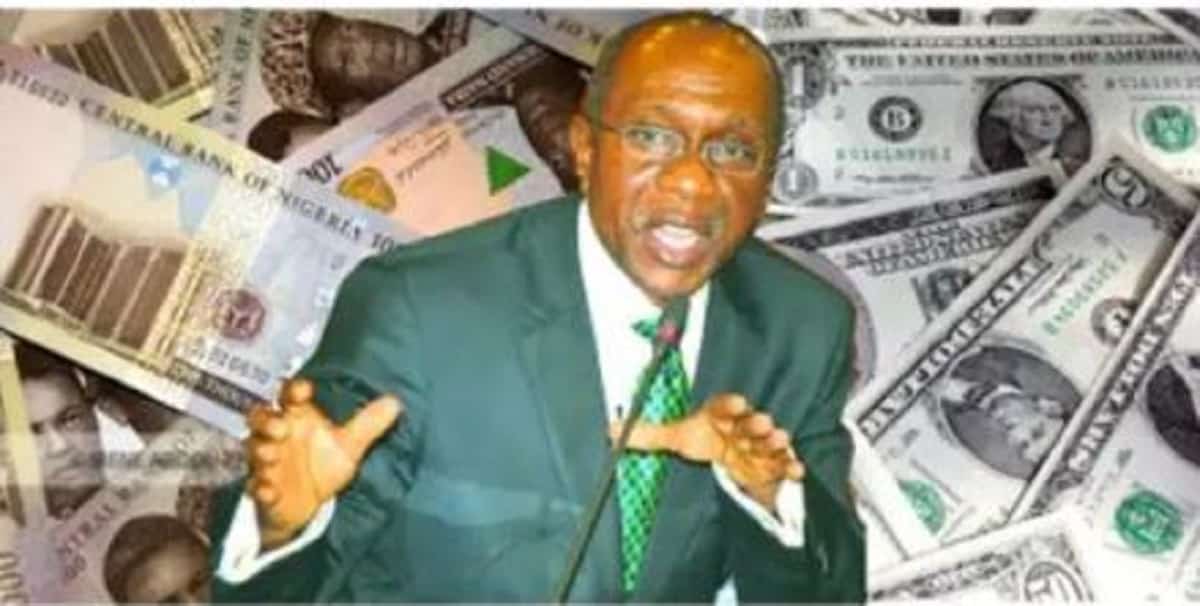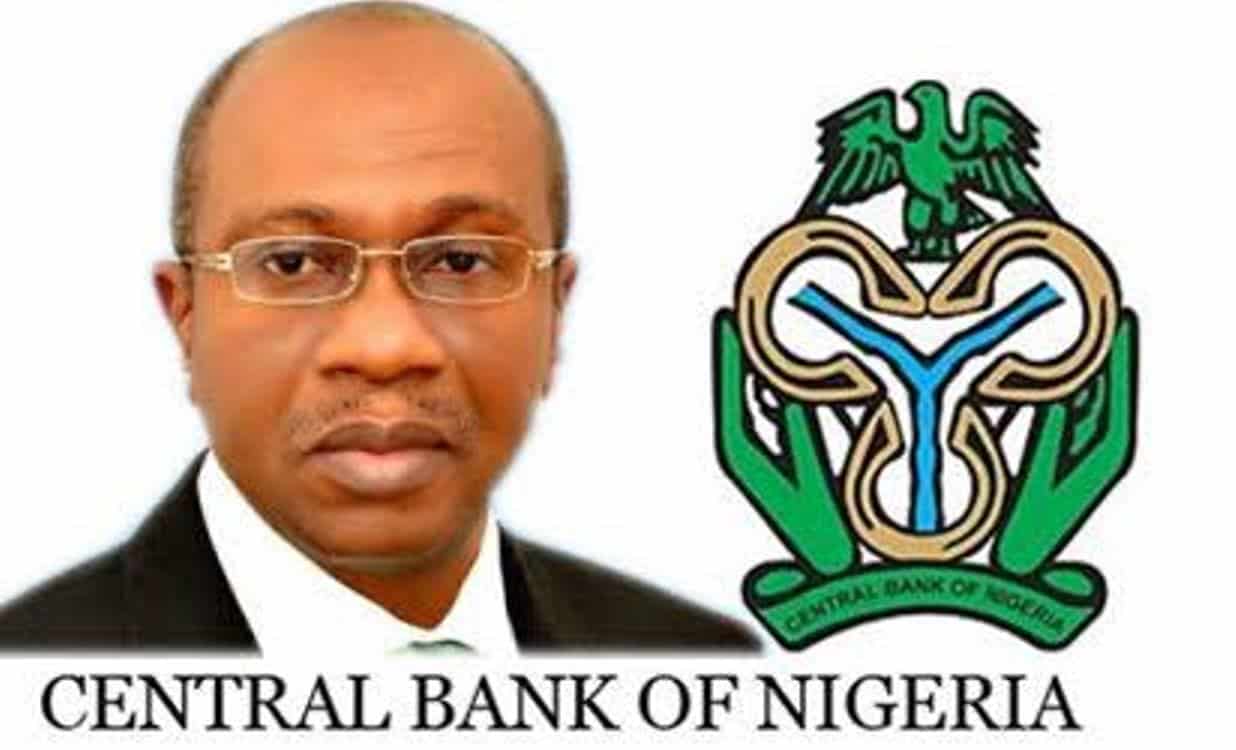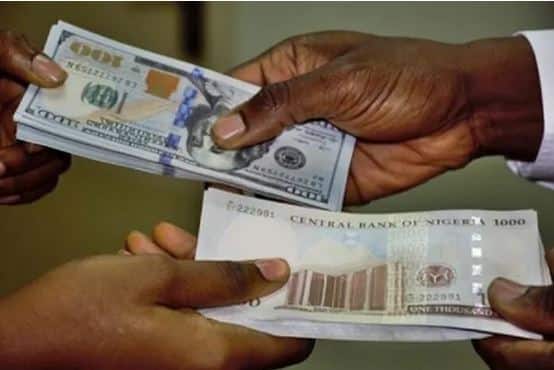CBN MPC has retained monetary policy.
Newsone reports that the Monetary Policy Committee (MPC) of the Central Bank of Nigeria (CBN) led by Godwin Emefiele, has voted to retain the monetary policy rate (MPR), which measures interest rate, at 11.5 percent.
This online news platform understands that the Monetary Policy Rate (MPR) is the baseline interest rate in an economy, every other interest rate used within an economy is built on the MPR.
Addressing journalists on Tuesday, January 25, 2022, after the committee’s first meeting for the year at the CBN headquarters in Abuja, Nigeria’s capital, the governor of the apex bank, Godwin Emefiele, said the committee members unanimously retained key rates.

The CBN Governor said the committee voted to maintain the key lending rate at 11.5 percent, with the asymmetric corridor of +100 and -700 basis points around the MPR and liquidity ratio at 30 percent.
Throughout 2021, the committee also held MPR constant.
“The MPC feels a hold will signal its realisation of the fragility of the growth recovery and its sensitivity to emerging global and domestic uncertainties. Hence, the need to sustain policy trajectory,” Emefiele said.
“After a careful balancing of the benefits and downsides of each policy ratio, the MPC decided to hold all policy parameters constant.”
Emefiele said the committee believed that the existing monetary policy stance has supported the growth recovery and should be allowed to continue for a little longer for consolidation to achieve the MPC mandate of price stability that is conducive for sustainable growth.
The committee also felt that a hold stance would enable it to carefully appraise the implications of the unfolding global development around policy tapering and normalisation by advanced economies.
Newsone Nigeria reports that the committee observed that inflation in most developed and emerging economies remain high, driven by persistent exchange rate fluctuations and supply bottlenecks.
The committee maintained that the increase in the country’s inflation rate in December 2021 is attributable to increased demand during the yuletide, suggesting that the uptick in the numbers could be a temporary development.







